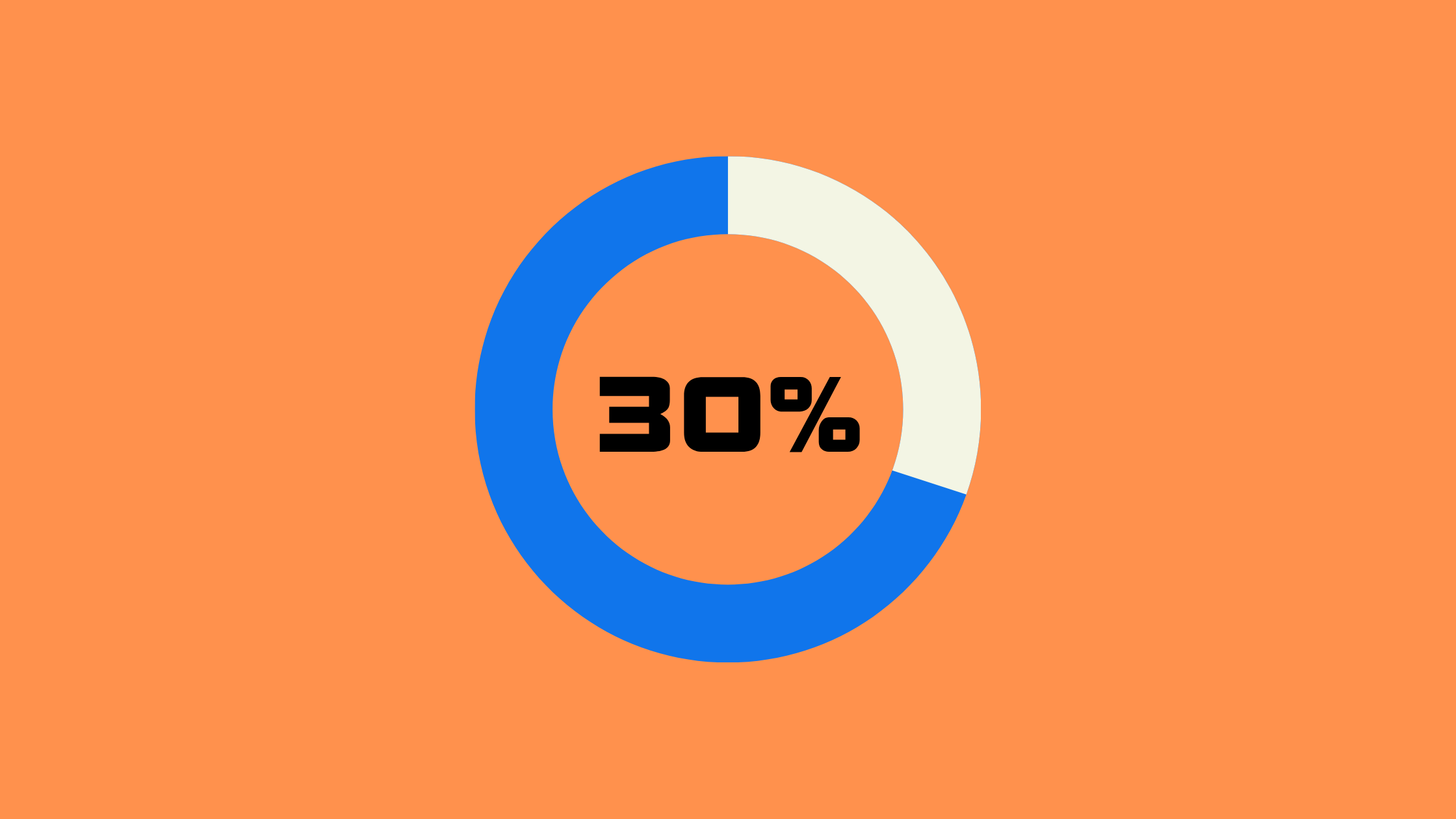3 practical ways AI can improve growth and efficiency for SMEs
Relatively low cost access to AI makes things easier for SME businesses, but for the ones benefiting the most, it’s not in the ways you might think. That’s because the zone is being flooded by frothy nonsense about AI.
Market leaders’ gains are often incremental, practical, and operational. It’s a long way from a talking car with a turbo boost.
That’s a good thing, because being in business right now is not easy, let alone for SMEs. Frankly, we need all the help we can get.
In this article, we will talk about how AI is improving growth and operational efficiency for businesses in rather unglamorous, but none the less spectacular ways. 3 ways, in fact. But first, let’s take a step back and look at where the tools currently sit and how they’re being used.
AI is more about enhancement right now (but maybe not forever)
When OpenAI seeds the idea that it will likely charge $20,000 a month for access to specialised agents, it makes it hard to believe that the whole game isn’t replacing human knowledge workers entirely with AI. Maybe that’s where the big players ultimately want to head. But according to Anthropic, that’s not currently what AI is being used for.
The Anthropic Economic Index

57% of AI use is in human enhancement rather than replacement.
According to The Anthropic Economic Index, 57% of AI use is in human enhancement rather than replacement. It’s currently used primarily by computer scientists and programmers, with around 36% of the conversations with Anthropic’s AI product Claude being aligned to their tasks and topics. Across other industries, use is surprisingly low (including 1.6% of conversations with copywriters), and the lowest with the most senior and junior people. Claude is admittedly relatively small compared to ChatGPT, OpenAI’s product, but these numbers indicate that getting to grips with the tools now represents a competitive advantage for SME businesses.
1. AI for decision-making: faster, more intelligent choices
One of the most underrated benefits of AI is how it helps make better decisions, and make them faster.
Tools like Claude, Anthropic, and Perplexity are useful as thought partners, reviewing, analysing, and improving decision-making.
Section famously uses AI to analyse and inform their board reports, including getting the AI to act in the persona of various board members, so they have their feedback before they’ve even had the board meeting. In one benchmarking, Claude gave 91% of the input they eventually received from the actual board.
Leads that tell you when they’re ready to buy
A practical way for SMEs to see this manifesting is through CRM tools like Pipedrive. Pipedrive’s predictive analytics help you spot the leads worth chasing based on intent, activity, and suitability, so your sales team doesn’t waste time on tire kickers.
2. AI in marketing: personalisation without the big budget

Companies that prioritise personalisation see customers spend 30% more.
Most B2B businesses aren’t short on leads. They’re short on the right leads. According to HBR, companies that prioritize personalisation and AI in their customer strategies grow faster and achieve higher customer engagement, with customers spending 30% more on average.
AI-driven email marketing tools can automatically segment audiences based on their behaviour, ensuring prospects receive helpful content. Native tools within platforms like Pipedrive or Hubspot are great at this, and even the OG, Mailchimp, is becoming increasingly sophisticated in this area.
Lead enrichment: new and increasingly prevalent
That’s without discussing the “lead enrichment” software plug-ins, native (within Pipedrive and other similar products), and stand-alone apps. Lead enrichment enhances basic contact information with additional relevant data to create a more comprehensive profile of a potential customer or lead. Simply put, it’s like filling in the blanks about a person or company you’re interested in doing business with.
Enrichment is a relatively new kid on the block, and is something to approach with a careful ethical and regulatory lens, but it’s a powerful tool for growth used well.
3. AI for time efficiency: reclaim your workweek
The most significant benefit AI might bring to your business is time. For mid-sized B2B companies, that means AI can help reclaim hours every week that would otherwise be lost to routine tasks.
To find concrete statistics, one can look at an industry famous for its admin: the public sector. According to Microsoft’s Harnessing the Power of AI for the Public Sector report, UK public sector workers will save an average of four hours a week by using AI to automate routine tasks. For the UK, that equates to 23 million hours a week.

In the UK, it’s estimated public sector employees will save an average of 4 hours per week by using AI to automate routine tasks.
Although SME businesses are overburdened with admin, they are not quite in the same league as public-sector organisations. For us, AI enhancement is readily available in productivity tools like Notion, Asana, Trello, and Monday.com, as well as specialist apps like Motion AI.
You don’t need a massive budget. You need the right tools and a smart strategy.
As with any tech stack, the key is to be careful with budget. Most of these tools start with relatively small monthly costs but can transition steeply into more significant costs with modules, add-ons, and seats.
Additionally, a series of small expenses can add up to a hefty monthly set of payments.
The key is that any tool you use is a tactical expression of an overall plan. You need a clear-eyed strategy, especially a B2B marketing strategy.
If you have a smart strategy centred around your ideal customers, the people that matter most to you, then the tech stack and strategy becomes straightforward and affordable.
Unglamorous tools, spectacular results
Want to see how unglamorous AI can make a real difference to your business growth as part of a smart B2B marketing strategic plan? Let’s chat.







